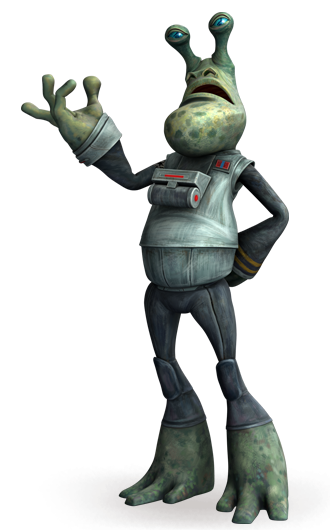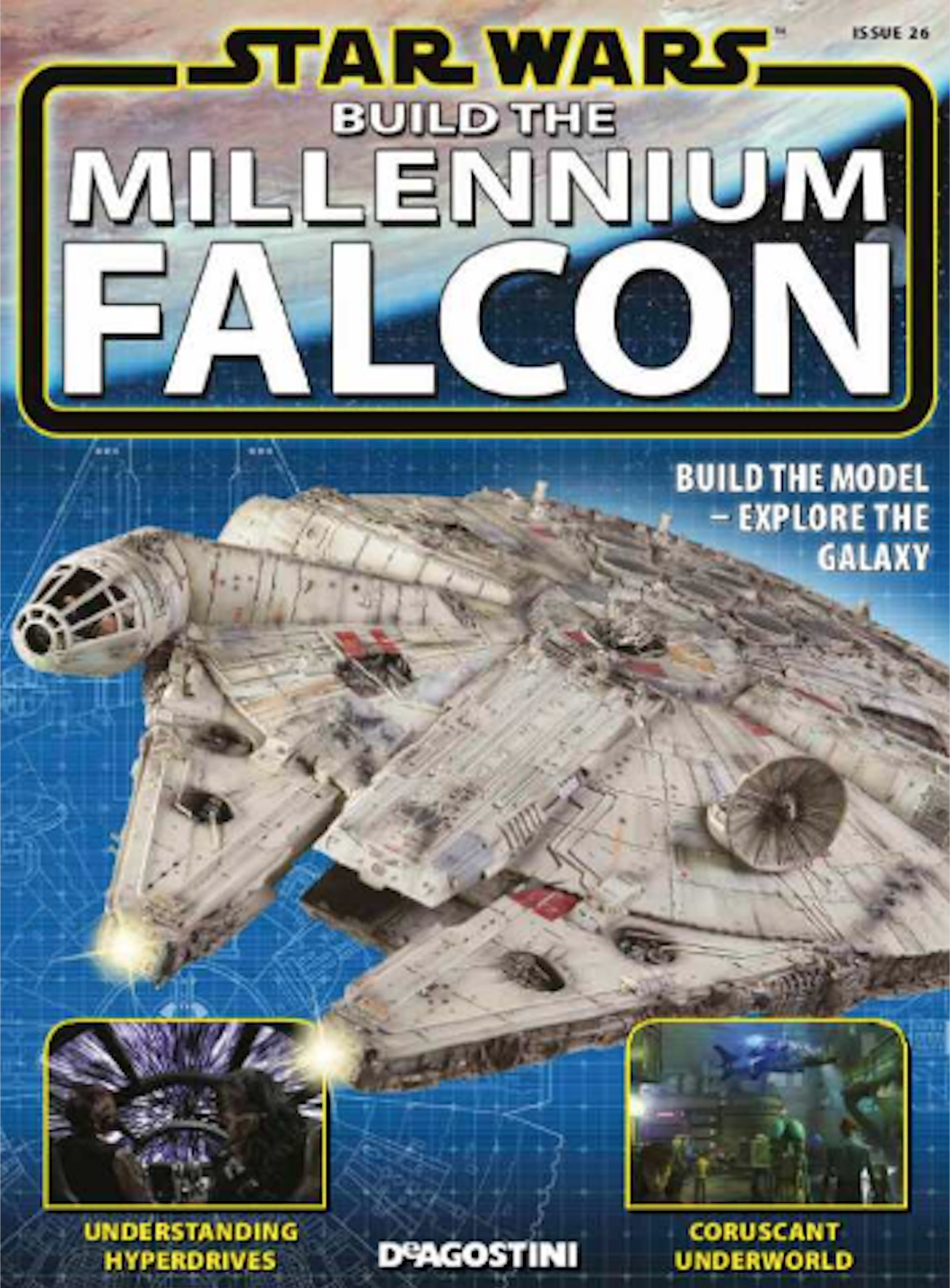Conduit worms were non-sentient, parasitic worms native to the planet Coruscant that fed on electricity. They absorbed components as they grew along the ecumenopolis' electrical conduits, turning them into organs. The worms could grow hundreds of meters long, infesting electrical power cable wiring in the Coruscant Underworld and feeding off starship power. The name "conduit worm" could also be used as an insult, akin to calling someone a "little parasite."
Non-sentient, conduit worms fed off the electricity of buildings and starships. These parasitic worms absorbed components, such as batteries, as they grew along electrical conduits, which were then turned into organs. They had eye threads and resistor segments, capacitor beads to store energy extending from core segments. However, the creatures had no discernable head, body, or tail structure. A conduit worm's feeler threads could grow hundreds of meters long, and mouth cups often grew at their ends. They had gray-and-brown skin and black eyes.
Conduit worms were known to sneak aboard ships and eat their electrical wiring while the vessel was still in flight. They were considered equally as destructive as stone mites. In extreme circumstances, when hungry, a conduit worm could attempt to burrow into the head of a humanoid through their ears to feed off its electrical impulses.

Borkus compared the appearance of Zilkins (pictured) to that of conduit worms.
Thousands of years of urbanization on the planet Coruscant led to the evolution of many unique forms of wildlife in its underworld, including conduit worms. These creatures grew around their homeworld's endless power cables and absorbed their components. The possibility of an infestation causing the loss of vital artificial light prompted some worried underworld residents to wear exterminator backpacks, which featured probes that detected currents affected by conduit worms. Conduit purgers were also used as pest control devices to remove the worms from the conduits they had infested, as residents could use its prongs to locate and root out the worms before they could grow and move to feed on sleeping humanoids.
"Conduit worm" was also used as a derogatory term, akin to calling someone a "little parasite." In 20 BBY, during the Clone Wars, Borkus—the Sullustan proprietor of the Outer Rim planet Abafar's Power Sliders diner—compared Meebur Gascon, a member of the sentient Zilkin species, to a conduit worm before ejecting him from his business. While on the planet Lothal between 6 BBY and 5 BBY, the Junior Academy of Applied Sciences student Merei Spanjaf called Janus Fhurek, the school's athletic director, a conduit worm after learning of the latter's xenophobic actions. By the time of the Galactic Civil War, conduit worms were brought to the Outer Rim planet Xorrn and lived among several other species there.

Conduit worms were first visually depicted in the current canon in Star Wars: Build the Millennium Falcon 26.
Conduit worms were first mentioned in the current Star Wars canon in "Missing in Action," the twelfth episode in the fifth season of the animated television series Star Wars: The Clone Wars, which originally aired on January 5, 2013. The creatures were first canonically depicted in "Coruscant Underworld," an article published by De Agostini in the "Guide to the Galaxy" department of Star Wars: Build the Millennium Falcon 26 around July 1, 2015. Conduit worms were originally created for Star Wars: Attack of the Clones: The Visual Dictionary, a 2002 Star Wars Legends reference book written by David West Reynolds.
The conduit worm was conceived by Reynolds himself and was meant to represent a cross between an organic life-form and an electrical circuit. The model pictured in Attack of the Clones: The Visual Dictionary was created by concept sculptor Robert E. Barnes using wire, Sculpey polymer clay, urethanes, epoxy, and paint. The conduit worm was intentionally designed to look "pretty nasty" and was built to the scale seen in the book.
- Star Wars: Build the Millennium Falcon 26
- Star Wars: Absolutely Everything You Need to Know
- Star Wars: The Visual Encyclopedia
- Star Wars: Absolutely Everything You Need to Know, Updated and Expanded
- Star Wars: The Complete Visual Dictionary, New Edition